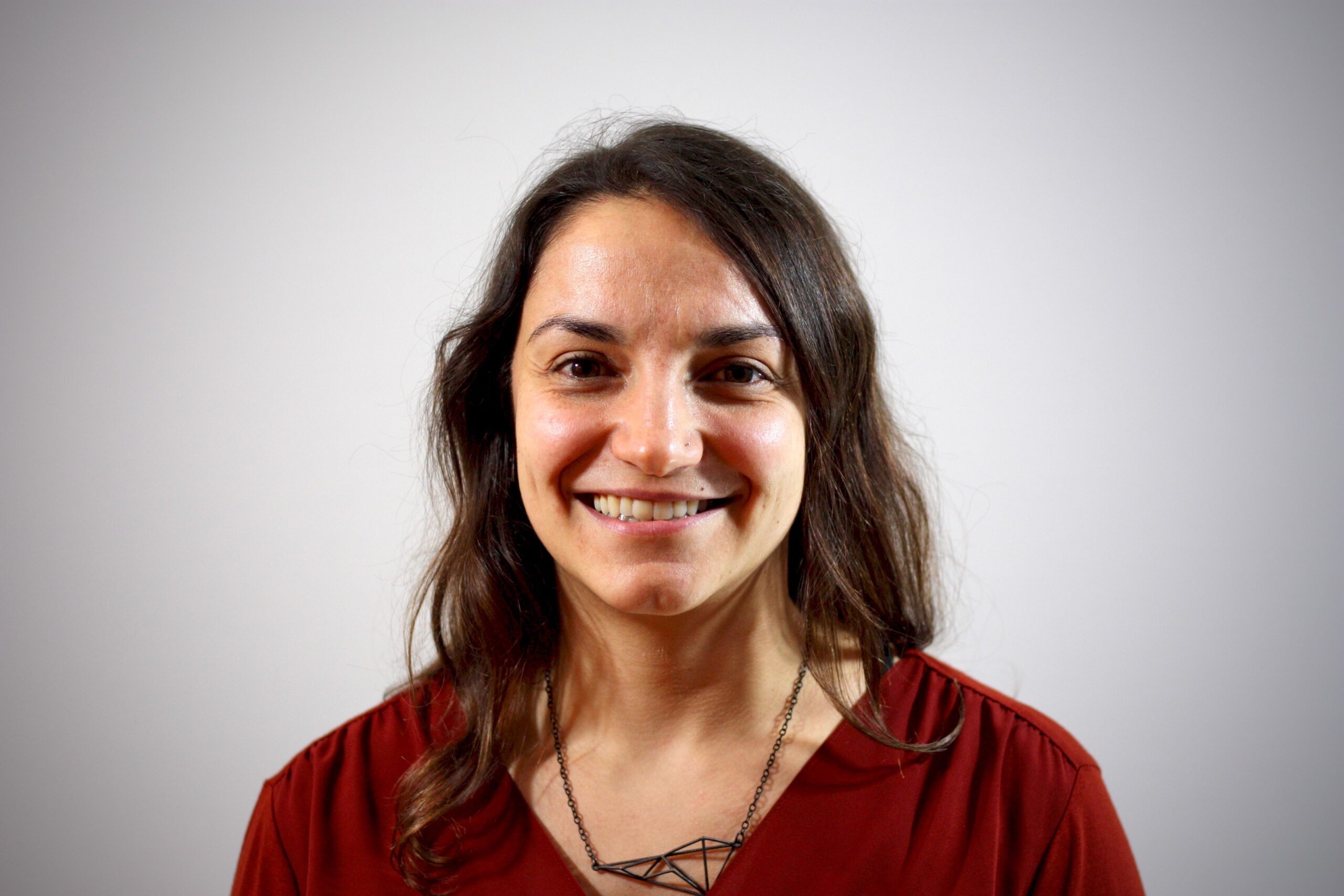February 17, 2023
For this month’s member spotlight, we caught up with Nicole Mideo, an associate professor in the department of ecology and evolutionary biology in the Faculty of Arts and Sciences. She is also the associate chair, undergraduate in her department.
Can you describe your research?
Broadly speaking, I work on the ecology and evolution of infectious diseases. One of the main questions I’m interested in is, why do some parasites cause severe or highly infectious disease while others don’t? Some of our work focuses on the specific traits of parasites that give rise to disease symptoms and understanding the variation in those traits. We also think about how evolution has shaped those traits and how those traits might change in the future, especially in the face of our attempts to try to control these parasites. Most of our work is mathematical modeling and computer-based simulations, but we work in close collaboration with colleagues who do the experiments that motivate our models and provide opportunities to test our predictions.
One project that I’m working on right now is about vaccine-driven parasite evolution. When people think about this topic, they often think about the evolution of antigens to evade vaccine-induced immunity, but there are other possibilities. There was a really interesting study a number of years ago that showed that if you infect vaccinated mice with malaria parasites, those parasites evolve to become more virulent. They also showed that it’s not the antigens that are evolving. Something else is evolving to give rise to these more virulent parasites. We’re trying to develop mathematical models and combine them with this experimental data to understand what particular traits are evolving in this situation.
How did you become interested in math modelling and infectious diseases?
Well, the math part came about because I learned early on that lab work is not my forté! My undergraduate degree was in zoology, which exposed me to evolutionary biology and mathematical modelling. I also worked at the zoo and was really interested in cheetahs. But during that time, the first SARS epidemic happened and I think that switched on something in my brain. I started thinking more about the urgent health concerns and, in particular, the infectious disease challenges facing humanity and what I could bring to bear in that area.
What excites you the most about EPIC?
What excites me the most about EPIC is its interdisciplinarity. The research community in Toronto is gigantic. I’m very confident that there are people in many different departments and hospitals with whom I have very strong overlapping interests but it’s hard to find these people. I see EPIC as very much about building bridges between these different groups. I’m really excited about the progress that can be made at the interface of all of our interests and expertise.
Are there other initiatives or projects you’re involved in that you’re excited about?
One of my main professional goals is improving public understanding of infectious diseases. People often think about parasites as being like pollutants in the environment. But I like to say that in a lot of ways, they’re more like polar bears. They’re dynamic and responsive organisms. They can interact with other organisms and their environment and respond to changes in their environment on ecological and evolutionary timescales. So I’ve been involved in a couple of Café Scientifique events and a few years ago, I was invited to give a TedX talk at U of T. This type of science communication and outreach is definitely something I’d like to do more of.
What advice would you give to young people who are interested in this area of research?
A piece of advice that I got when I was an undergrad was to pick something and learn it better than anyone else in the world, and that will be your ticket. But I inadvertently did the total opposite of that and ended up being more of a jack of all trades. I know a little bit about a bunch of things and that’s been helpful for talking to different kinds of researchers from different fields. It’s allowed me to figure out what links I can make between people to build on our skill sets and what knowledge I can transport from one place to another. A lot of research now is becoming interdisciplinary so being able to feel comfortable in rooms with different kinds of researchers is important. The solutions to the big problems in infectious diseases are probably going to be interdisciplinary solutions and so developing a little bit of skills, or at least comfort, in different areas is really useful.
What are you reading/watching/listening to?
I recently started rewatching The West Wing because my partner never watched it when it was on originally. It’s really enjoyable and has aged pretty well. Politics in the show seem so quaint and charming compared to real-life politics these days.


